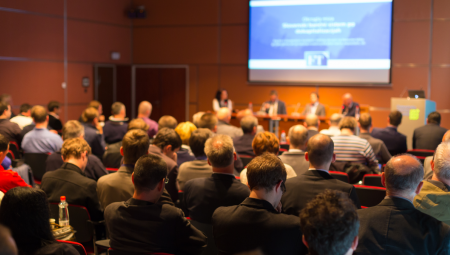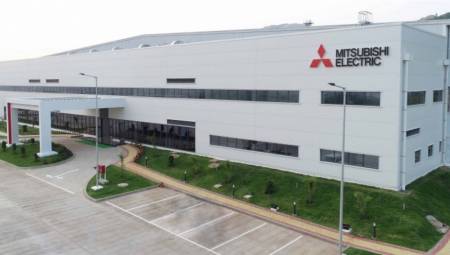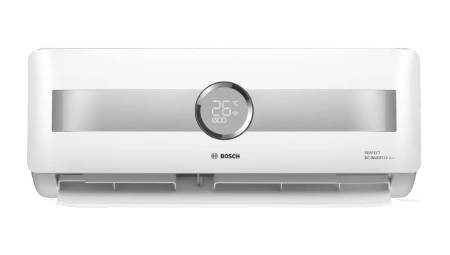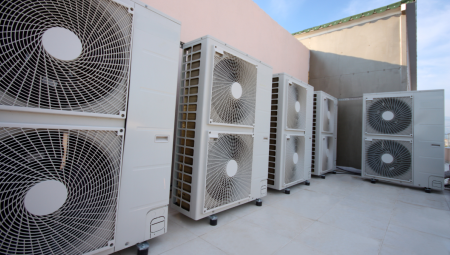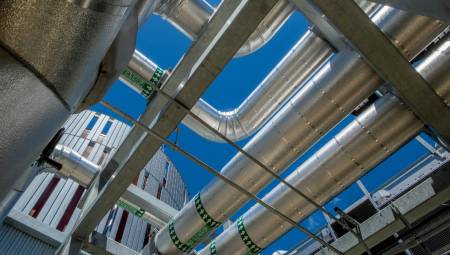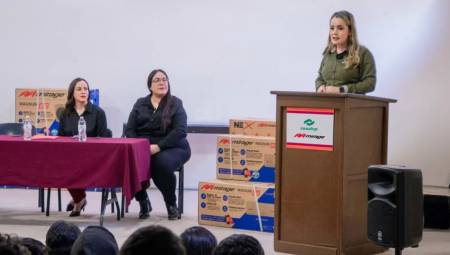United States. President Donald Trump's recent tariff proposal, which imposes a minimum of 10% on all imports to the United States and much higher tariffs for certain countries, has set off alarms in multiple industrial sectors.
However, U.S. manufacturers of HVAC (heating, ventilation, and air conditioning) systems would not face a significant tariff impact, according to an analysis by the firm Morningstar.
This is mainly due to the tariff exemption established in the United States-Mexico-Canada Agreement (USMCA), which continues to protect products that meet origin requirements. The HVAC industry has a strong production presence in Mexico – where it is estimated that about 40% of the equipment is manufactured, according to Lennox CEO Alok Maskara – but Morningstar assures that most of these products comply with the standards of the agreement, so they would be exempt from the new tariffs.
However, the tariff threat persists on critical components, especially those from Asia and Europe. The policy announced by Trump – which will come into force on April 9 – contemplates reciprocal tariffs that reach up to 46% on some products, directly affecting countries such as Vietnam, China, Japan, Taiwan and the European Union. These countries are among the top exporters of HVAC components to the U.S., posing a challenge to supply chains.
Contained impact, but not non-existent
Morningstar warns that while the overall impact on U.S. manufacturers could be limited by the USMCA, there are areas of vulnerability. These include ductless systems – commonly imported from Asia – as well as tariffs on steel and aluminum, essential materials in the production of HVAC equipment. Despite this, the firm points out that these pressures were already faced during the first Trump administration, and their impact was, in general terms, manageable.
From the industry, union leaders such as Barton James, president of the ACCA, have expressed concern about the stability of supply chains and the availability of equipment in the short term. "The impact can be profound, especially if this situation is prolonged. We hope for a quick resolution," he said.
Alex Ayers, vice president of government affairs for the HARDI association, also warned of possible price increases that will directly affect consumers: "These tariffs reach eight of the top ten exporters of HVACR equipment and water heaters to the U.S. USA".
Unchanged market assessments
Despite the initial nervousness in the markets – which caused the sector's shares to fall after the April 2 announcement – Morningstar decided to maintain its fair value estimates for the main companies in the sector:
- Carrier (CARR): $53
- Johnson Controls (JCI): $88
- Lennox (LII): $430
- Trane Technologies (TT): $244
According to the analysis, shares of Carrier, Lennox and Trane remain overvalued, and face risks if revenue growth slows or margin expansion stalls. In contrast, Johnson Controls is seen as a fairly-valued stock, with sustained growth potential thanks to the strengthening of its services strategy, despite the frustration of some investors with its recent performance.
Future perspective
The Trump administration has defended the new policy as a measure to boost domestic production. "Jobs and factories will return with a vengeance to our country," the president said during his announcement at the White House. However, industry experts stress that reconfiguring supply chains is not achieved overnight, and that the immediate cost could fall on manufacturers and consumers alike.
For now, products from Mexico and Canada will continue to enter without additional tariffs, but the industry remains attentive to possible revisions to the USMCA or new trade tensions that could alter that scenario.





